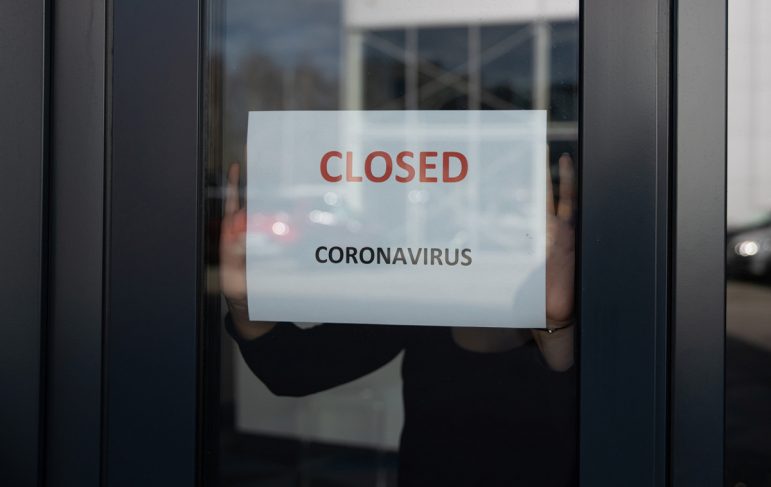On March 20, 2020, Governor Andrew Cuomo signed Executive Order 202.6, which dictates that 100% of New York’s workforce stay home until April 17, 2020.
Executive Order 202.6 excludes certain “Essential Businesses” from the 100% stay home rule. New York State’s Empire State Development (the “NYSESD”) published guidelines to assist citizens in determining whether their industry is “essential” under Order 202.6. Those guidelines are detailed as follows:
I. Essential Health Care Operations
- research and laboratory services
- hospitals
- walk-in-care health facilities
- emergency veterinary and livestock services
- elder care
- medical wholesale and distribution
- home health care workers or aides for the elderly
- doctor and emergency dental
- nursing homes, or residential health care facilities or congregate care facilities
- medical supplies and equipment manufacturers and providers
II. Essential Infrastructure
- utilities including power generation, fuel supply and transmission
- public water and wastewater
- telecommunications and data centers
- airports/airlines
- transportation infrastructure such as bus, rail, or for-hire vehicles, garages
- hotels, and places of accommodation
III. Essential Manufacturing
- food processing, manufacturing agents, including all foods and beverages
- chemicals
- medical equipment/instruments
- pharmaceuticals
- sanitary products
- telecommunications
- microelectronics/semi-conductor
- agriculture/farms
- household paper products
IV. Essential Retail
- grocery stores including all food and beverage stores
- pharmacies
- convenience stores
- farmer’s markets
- gas stations
- restaurants/bars (but only for take-out/delivery)
- hardware and building material stores
V. Essential Services
- trash and recycling collection, processing and disposal
- mail and shipping services
- laundromats
- building cleaning and maintenance
- child care services
- auto repair
- warehouse/distribution and fulfillment
- funeral homes, crematoriums and cemeteries
- storage for essential businesses
- animal shelters
VI. News Media
VII. Financial Institutions
- banks
- insurance
- payroll
- accounting
- services related to financial markets
VIII. Providers of basic Necessities to Economically Disadvantaged Populations
- homeless shelters and congregate care facilities
- food banks
- human services providers whose function includes the direct care of patients in state-licensed or funded voluntary programs; the care, protection, custody and oversight of individuals both in the community and in state-licensed residential facilities; those operating community shelters and other critical human services agencies providing direct care or support
IX. Construction
- skilled trades such as electricians, plumbers
- other related construction firms and professionals for essential infrastructure or for emergency repair and safety purposes
X. Defense
- defense and national security-related operations supporting the U.S. Government or a contractor to the US government
XI. Essential Services Necessary to Maintain the Safety, Sanitation and Essential Operations of Residences or Other Essential Businesses
- law enforcement
- fire prevention and response
- building code enforcement
- security
- emergency management and response
- building cleaners or janitors
- general maintenance whether employed by the entity directly or a vendor
- automotive repair
- Disinfection
XII. Vendors that provide essential services or products, including logistics and technology support, and childcare
- logistics
- technology support for online services
- childcare programs and services
- government owned or leased buildings
- essential government services
Notably, a business does not have to be classified as “essential” for its workforce to be exempt from the stay home policy. All businesses with only a single employee and/or occupant are deemed exempt under Order 202.6.
Any business employing less than 50 persons and desiring exempt status may file the following application:https://esd.ny.gov/sites/default/files/Request%20for%20Designation%20Form_2.pdf
Those applications should be directed to covid19designations@esd.ny.gov
Regardless of exemption status, the NYSESD urges all people to make best efforts to practice social distancing.




